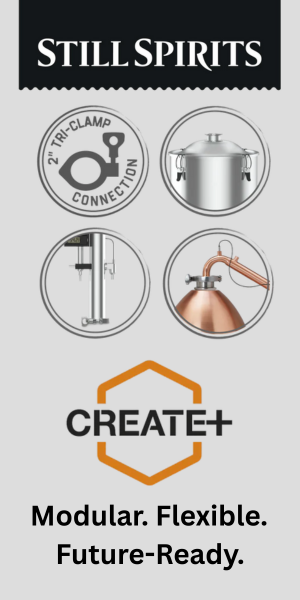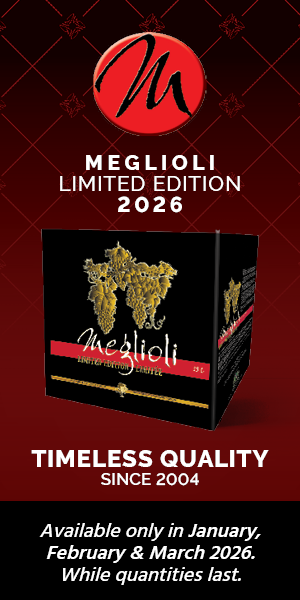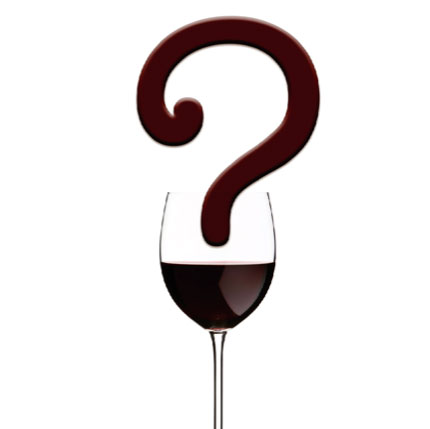Over-yeasting?
Q: How does the amount of yeast added to a must or juice affect the wine? A kit has one pack of yeast. What happens if yeast is doubled, tripled, etc.?
— Wilbur Brinkmeyer • Taylor, Texas
A: There are a few effects on a wine if you add more yeast. Number one, the fermentation might start a little faster and go to completion faster because there are simply more cells to eat the sugar, and each can only eat a certain amount of sugar at a time. This will, in turn, increase the fermentation temperature, which is usually undesirable in winemaking unless you are fermenting in a very cold environment (for example, in your garage, mid-winter in Anchorage, Alaska) and want to make sure your fermentation really gets going. Temperatures under 50 °F (10 °C) will tend to slow down fermentation, so in a challenging temperature situation you might want to up the amount by 30–50% only. The same is true for fermenting anything in high-Brix (above 25) situations of overripe fruit or dessert wine production. If you throw a little more yeast at your fermenting wine, there is a better chance of having a complete fermentation.
There is no reason to ever double, triple or quadruple the amount of yeast called for in a winemaking recipe. More alcohol will not result because the amount of sugar in a given must or juice is fixed and can never increase beyond a certain point. Negatively, however, your yeast cells might be under-nourished during the fermentation because there will be less micronutrients, vitamins and biotin to go around; meaning the increased risk of a stuck fermentation is therefore very real. Additionally, extra yeast autolysis flavors and the potential for an anaerobic layer of hydrogen-sulfide (rotten egg smell) forming lees at the bottom of the container are possible aromatic risks. Most often, adding more yeast than what is called for will only waste money and allow that much more sediment to settle out once the fermentation is complete.


